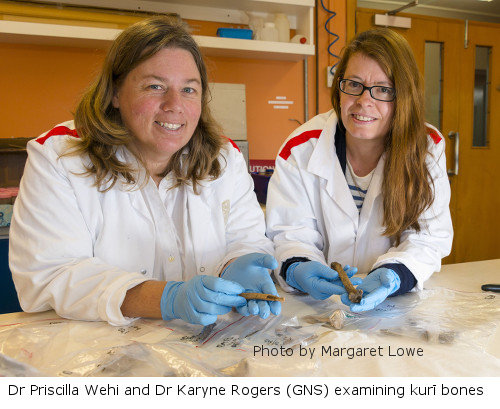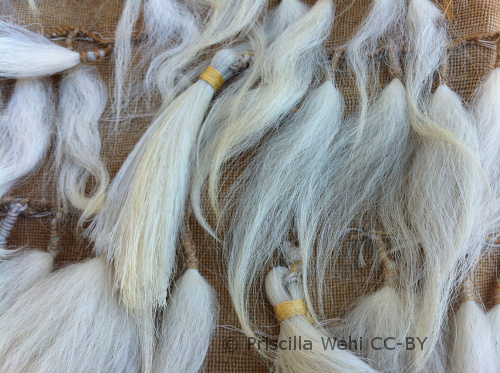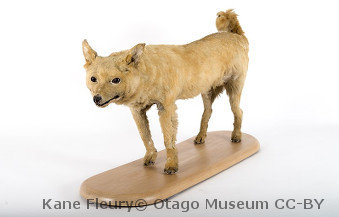Historical ecology
 Historical records are invaluable for understanding contemporary environmental challenges, and their solutions. These records include written documents, oral traditions, and natural history collections most often found in museums. Natural history collections, for example, offer direct access to the ecology of long-vanished ecosystems. Samples of feather or bone can be analysed isotopically to provide information about past migratory or foraging patterns. These sources can reveal changes in evolutionary and ecological processes from foraging patterns to phenotypic change in populations to eroded distributions. Most of my research integrates spatial and temporal data to examine changes since human arrival in New Zealand, although some connects to the wider Pacific in particular.
Historical records are invaluable for understanding contemporary environmental challenges, and their solutions. These records include written documents, oral traditions, and natural history collections most often found in museums. Natural history collections, for example, offer direct access to the ecology of long-vanished ecosystems. Samples of feather or bone can be analysed isotopically to provide information about past migratory or foraging patterns. These sources can reveal changes in evolutionary and ecological processes from foraging patterns to phenotypic change in populations to eroded distributions. Most of my research integrates spatial and temporal data to examine changes since human arrival in New Zealand, although some connects to the wider Pacific in particular.

 I am investigating the socioecological relationships of humans and kurī, or Polynesian dogs that were brought to New Zealand by Indigenous Māori. Domesticated species have travelled with humans throughout the world and are integrally woven into the development of human culture. The kurī or Māori dog (Canis familiaris) was the only domesticate brought by Polynesian explorers to successfully establish in New Zealand. Its loss is therefore both intriguing and important, given its high cultural value as a companion animal celebrated in oral tradition, as a prized species whose skins were sewn into the cloaks of chiefs, and as a vital food source. What specific factors contributed to its disappearance as a breed in the mid-19th century? One hypothesis is that widespread resource stress prior to European settlement led to kurī decline and ultimately its loss. I am examining evidence of societal attitude change in 19th century written records such as the Māori language and English language newspapers. This research tracks socioecological change using isotopic analyses from bones and hair that provide insight into diet and movement. I particularly acknowledge Te Urewera hapū, Te Papa, Puke Ariki and Otago Museums for their support.
I am investigating the socioecological relationships of humans and kurī, or Polynesian dogs that were brought to New Zealand by Indigenous Māori. Domesticated species have travelled with humans throughout the world and are integrally woven into the development of human culture. The kurī or Māori dog (Canis familiaris) was the only domesticate brought by Polynesian explorers to successfully establish in New Zealand. Its loss is therefore both intriguing and important, given its high cultural value as a companion animal celebrated in oral tradition, as a prized species whose skins were sewn into the cloaks of chiefs, and as a vital food source. What specific factors contributed to its disappearance as a breed in the mid-19th century? One hypothesis is that widespread resource stress prior to European settlement led to kurī decline and ultimately its loss. I am examining evidence of societal attitude change in 19th century written records such as the Māori language and English language newspapers. This research tracks socioecological change using isotopic analyses from bones and hair that provide insight into diet and movement. I particularly acknowledge Te Urewera hapū, Te Papa, Puke Ariki and Otago Museums for their support.